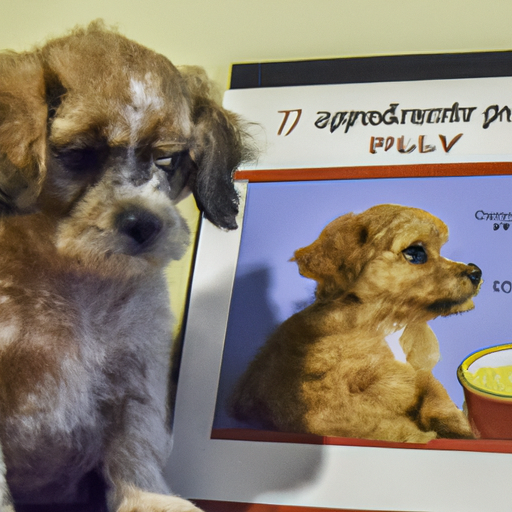As a dog owner, it’s essential to know when to transition your puppy to adult dog food. It might seem like a minor detail, but it’s a vital part of your pet’s healthy growth and development. This comprehensive guide will provide you with the information you need to make this important decision.
1. Understanding The Difference Between Puppy Food And Adult Dog Food
Firstly, you need to understand the difference between puppy food and adult dog food. Puppy food is specially formulated to support rapid growth and development. It contains higher levels of protein, fat, and certain vitamins and minerals than adult dog food.
In contrast, adult dog food is designed to maintain a healthy weight and provide the necessary nutrients to adult dogs. Feeding your puppy adult food too early could result in nutritional deficiencies that could hinder their growth.
2. The Right Age To Transition From Puppy Food To Adult Dog Food
The age at which your puppy should transition to adult dog food depends on their breed and size.
- Small breeds (those that weigh 20 pounds or less when fully grown) can usually start eating adult food around 9 to 12 months of age.
- Medium breeds (those that weigh between 20 and 50 pounds when fully grown) should transition around 12 to 14 months.
- Large breeds (those that weigh more than 50 pounds when fully grown) may not be ready to transition until they are between 12 and 24 months old.
| Size of Breed | Age to Transition |
|---|---|
| Small Breeds | 9-12 months |
| Medium Breeds | 12-14 months |
| Large Breeds | 12-24 months |
3. How To Transition From Puppy Food To Adult Dog Food
When it comes time to transition your puppy to adult dog food, do it gradually over a period of about one week.
- Start by replacing about one quarter of their puppy food with adult food.
- Every two days, increase the amount of adult food and decrease the amount of puppy food.
- By the end of the week, your dog should be eating only adult food.
This gradual process helps prevent digestive upset and makes the change easier for your puppy to accept.
4. Signs That Your Dog Is Ready For Adult Food
There are several signs that your dog may be ready to transition to adult food. These include:
- Your dog has reached their adult size.
- Their activity level has decreased and they are less playful.
- Your dog is gaining weight despite not eating more food.
Remember, always consult with your vet before making any changes to your dog’s diet.
5. Frequently Asked Questions
Q: Can I feed my puppy adult dog food if I run out of puppy food?
A: It’s best to avoid this if possible, but a day or two won’t harm them. However, extended periods on adult food can lead to nutritional deficiencies.
Q: Can a senior dog eat adult dog food?
A: Yes, unless your vet has recommended a specific diet for health reasons.
Q: My puppy doesn’t like their puppy food. Can I switch them to adult food?
A: It’s better to try a different brand or flavor of puppy food. If the problem persists, consult with your vet.
Remember, your dog’s health and well-being are the most important things. Always consult with your vet before making any changes to your dog’s diet. It’s your responsibility as a caregiver to ensure that your furry friend is receiving the nutrition they need to lead a happy, healthy life.



